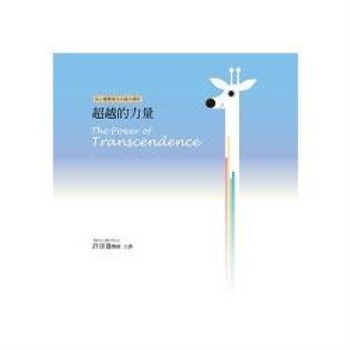Beyond Liminality: Ontologies of Abundant Betweenness examines the concept of liminality in the social sciences and humanities, and advocates for a more critical use of the concept while offering more precise alternatives.
Originally conceived in response to the near-universal ritualization of changes of status (i.e., "rites of passage"), liminality was a welcome and much-needed correction to the reigning static and structural models of culture at the time. However, it soon escaped its initial realm and was enthusiastically--and mostly uncritically--absorbed by many if not all scholarly disciplines. The very success of the concept suggests that there is something about it that resonates with our own cultural sentiments. However, the assumptions that underlie diagnoses of liminality are seldom noted and even more seldom analyzed and critiqued. This book examines the history of the concept, its evolution, and its current status, and asks whether liminality accurately reflects lived realities which might better be described by fluidity, hybridity, multiplicity, constant motion and recombination, and abundant betweenness.
Beyond Liminality: Ontologies of Abundant Betweenness is key reading for scholars and students across the social sciences and humanities interested in ritual, performance, identity formation, rights, ontology, and epistemology.












